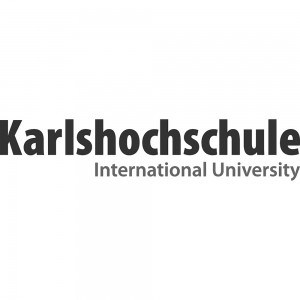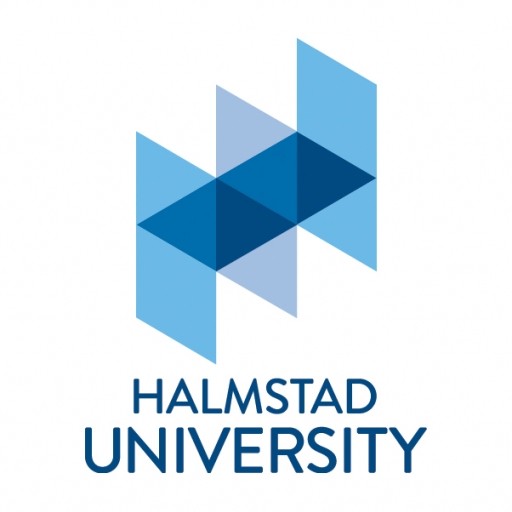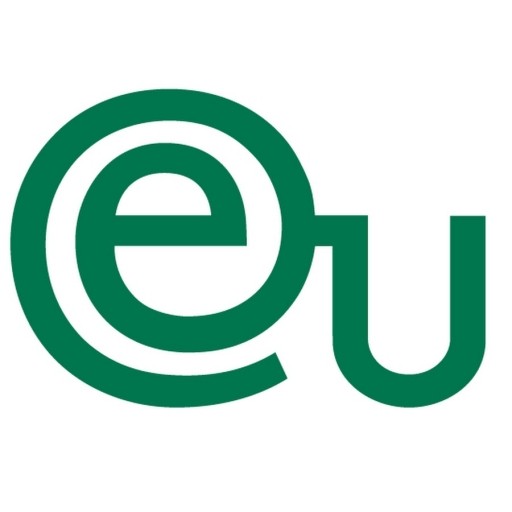Photos of university / #hsb.hochschulebremen
In addition to those subjects needed to built up the competencies required to take over the duties as deck officer and shipmaster, the ISSM degree programme covers subject areas such as economics, IT, engineering, and law.
Students will acquire core competencies in the following areas:
- Navigation, Ship's Command
- Manoeuvring, Ship-handling
- Cargo Handling, Ship's Stability
- Maritime Safety and Security
- Maritime Law
- Maritime Economics
Educational organisation
Semester 1:ISSM 1.1 - Mathematics I (6 ECTS)
ISSM 1.2 - Maritime Communication I (6 ECTS)
ISSM 1.3 - Maritime Economics (6 ECTS)
ISSM 1.4 - Maritime Human Resources I (6 ECTS)
ISSM 1.5 - Engineering I (6 ECTS)
Semester 2:
ISSM 2.1 - Mathematics II (6 ECTS)
ISSM 2.2 - Maritime Communication II (6 ECTS)
ISSM 2.3 - Maritime Law I (6 ECTS)
ISSM 2.4 - Ship's Theory I (6 ECTS)
ISSM 2.5 - Engineering II (6 ECTS)
Semester 3:
ISSM 3.1 - Ship's Command I (6 ECTS)
ISSM 3.2 - Maritime Meteorology (6 ECTS)
ISSM 3.3 - Navigation I (6 ECTS)
ISSM 3.4 - Ship's Theory II (6 ECTS)
ISSM 3.5 - Cargo Handling I (6 ECTS)
Semester 4
ISSM 4.1 - Ship's Command II (6 ECTS)
ISSM 4.2 - Maritime Communication III (6 ECTS)
ISSM 4.3 - Navigation II (6 ECTS)
ISSM 4.4 - Ship Technology (6 ECTS)
ISSM 4.5 - Ship's Command III (6 ECTS)
Semester 5:
ISSM 5.1 - Internship (30 ECTS)
Semester 6:
ISSM 6.1 - Emergency Management (6 ECTS)
ISSM 6.2 - Cargo Handling II (6 ECTS)
ISSM 6.3 - Maritime IT-Systems (6 ECTS)
ISSM 6.4 - Elective I (6 ECTS)
ISSM 6.5 - Elective II (6 ECTS)
Semester 7:
ISSM 7.1 - Maritime Law II (6 ECTS)
ISSM 7.2 - Maritime Human Resources II (6 ECTS)
ISSM 7.3 - Ship's Command IV (6 ECTS)
ISSM 7.4 - Bachelor's Thesis (12 ECTS)
Study abroad unit(s)
Students of the international degree programme Ship Management are encouraged to spend the third semester (mobility semester) at a relevant university abroad.Internships
The fifth semester is a compulsory internship semester, which can be spent either at sea on board of a seagoing ship above 500 GT or ashore in any department of a shipping company abroad.Please note:
It is the students' responsibility to find a shipping company offering internships on board a merchant ship or in a shore-based department.
The Centre of Maritime Studies at Bremen University of Applied Sciences provides standardised internship contracts upon request.
Forms of assessment
The form of examination differs from module to module, but all exams are competence-based.Course objectives
Graduates of the international degree course Ship Management (ISSM) who have an acknowledged seagoing experience of a minimum of 12 months (e.g. completed apprenticeship as ship mechanic or traineeship as assistant nautical officer) are qualified to directly engage in gainful employment as nautical officers on board ships.A nautical officer is in charge of a navigational watch and also responsible for other areas related to the operation, safety, and security of the ship. After only two to three years of work experience as watchkeeping officers, graduates may apply for the Master Mariner's certificate of competency at the responsible authority. Within a few years, graduates of the study programme ISSM will already be in the position to take over command on board a merchant ship.
Other areas of employment include:
- Maritime superintendent
- Marine insurances
- Classification societies
- Shipping companies
- Maritime consultants
- Stevedoring companies
- Commodity traders
- Shipbrokers
- Shipping agents
- Logistics companies
- Maritime administrations
- Sea and river pilots
- Maritime supervisory authorities
- Maritime institutions
- and more
Language requirements
Applicants must have a sound command of spoken as well as written English.Academic requirements
General university entrance qualification ("Abitur")or
restricted university entrance qualification ("Fachhochschulreife")
or
scholastic assessment test/special admission
Enrolment fees
Approx. 270 EUR per semester (subject to change). The fee includes a semester ticket, a contribution to the student union, and administration fees.Costs of living
Food/meals: approx. 300 EUR/monthWarm food and snacks are least expensive at the university's cafeterias.
Local transport is included in the enrolment fee. Students receive a semester ticket, which is a pass for free access to buses, trams, and regional trains servicing Bremen and the surrounding area.
Academic expenses: about 30 EUR/month
The University Library (with three locations) is free of charge.
Health insurance: approx. 80 EUR/month
Living expenses: approx. 700 EUR/month (including rent)
Job opportunities
In all faculties and in several areas of administration, it is possible to find a student job (max. 43 hours/month, roughly 9 EUR/hour).In general, students from European Union countries do not require a work permit to work during their course of study.
Students from countries outside the European Union may work without a work permit for 120 full days or 240 half days over the course of one year. A special permit is required to work more than this.










